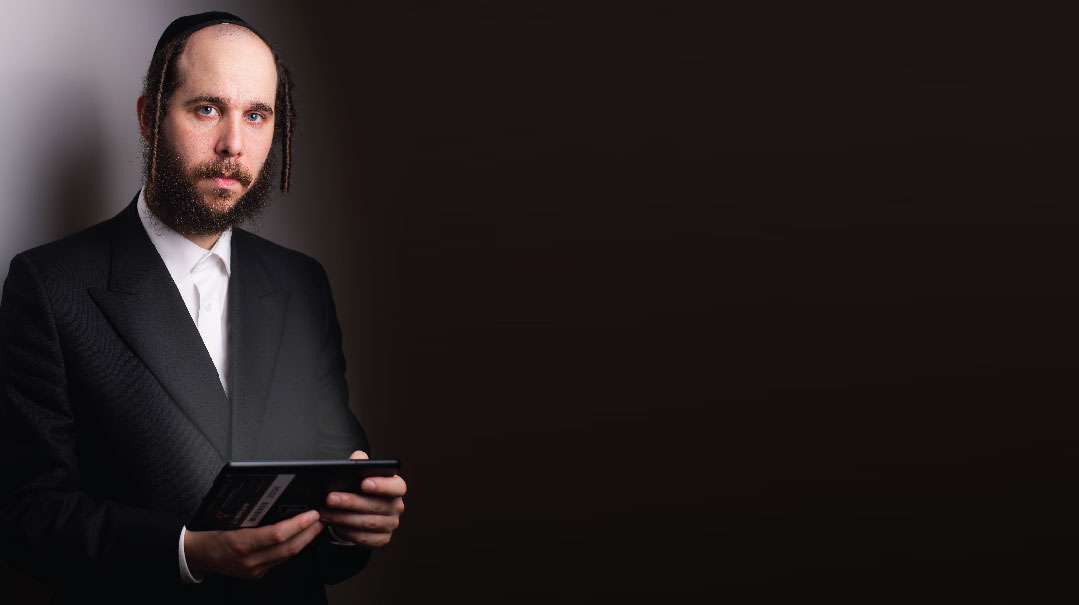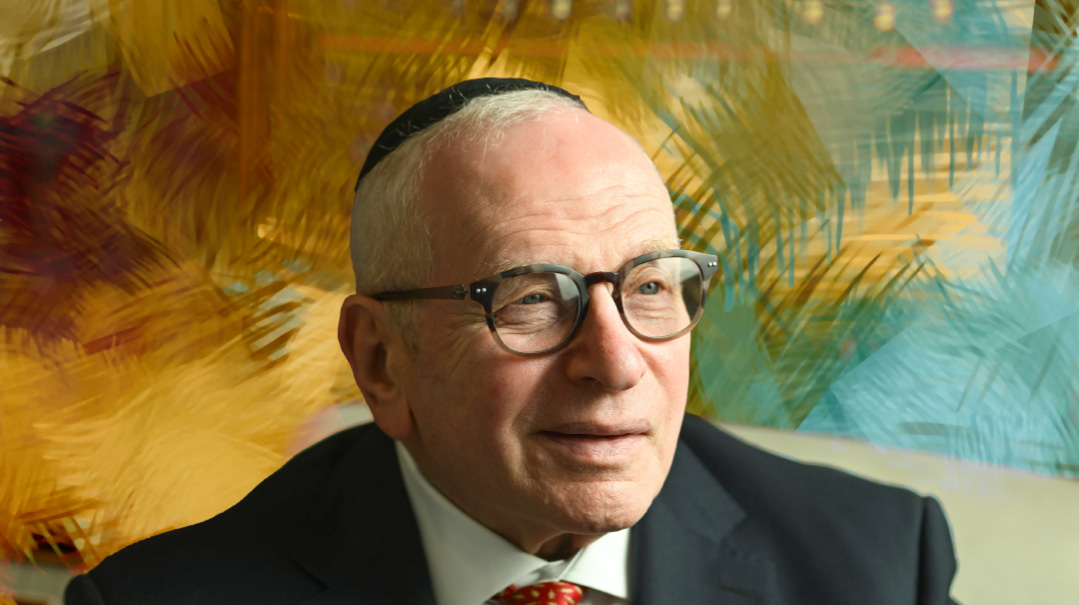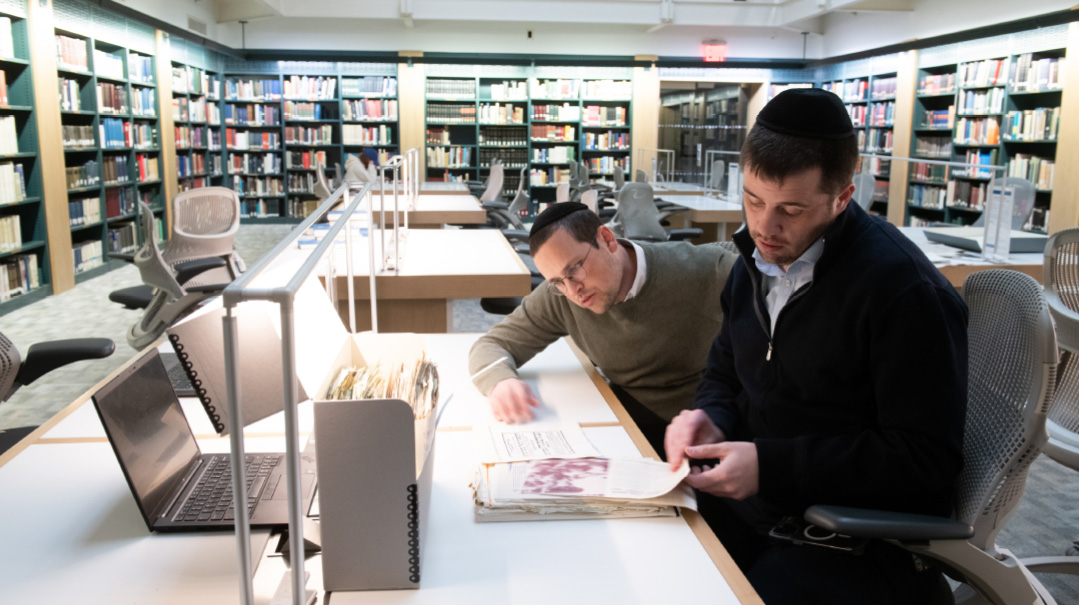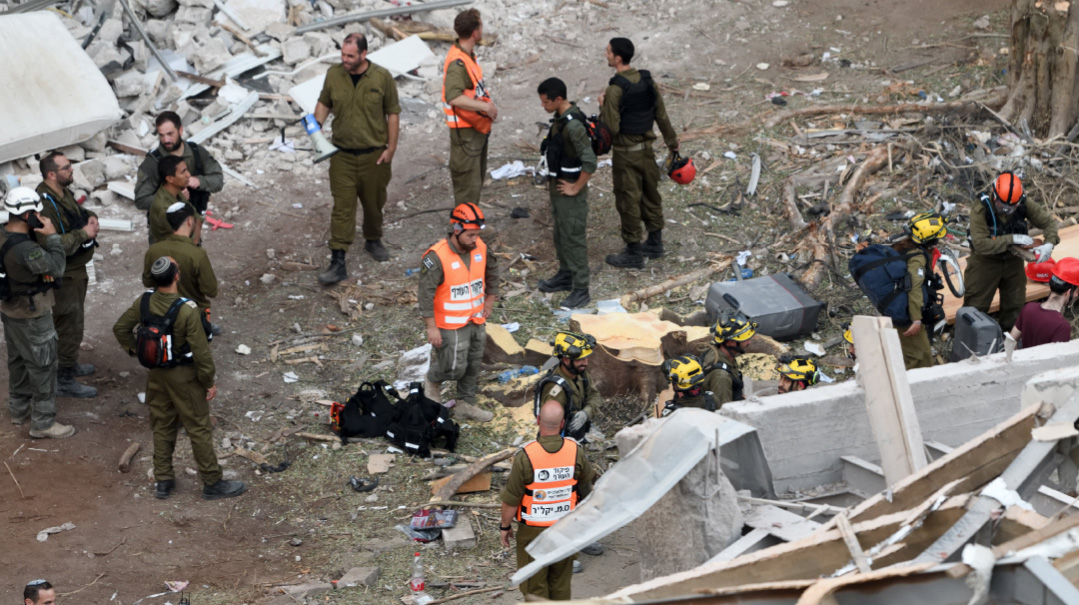Tablet to Tablet
| August 5, 2020For patients alone in Covid-19 wards, the tech connection is the next best thing to being face to face

Photos: Naftoli Goldgrab
For patients alone in Covid-19 wards, the tech connection is the next best thing to being face to face
Many of us can remember exactly what were and what we were doing when coronavirus became our new reality and life as we knew it was blown out of the water. For Williamsburg resident Yoely Friedman, he knew the pandemic was upon us when he saw sales quadrupling in his online electronics business as people scrambled to set up home offices.
The Satmar chassid and a father of six who has been in the electronics business for 12 years wasn’t overly concerned about Covid-19 at first, thinking of it as an issue that was mostly confined to China. And even when his own grandmother was hospitalized with the virus, she had been treated and was back home within three days. But all that changed when the number of Covid-19 fatalities within New York City’s Jewish community had grown so large that a list bearing the victims’ names had been created in order to keep track of the dead.
Things struck closer to home when Yoely’s aunt, a mother of 12 in her early fifties, was hospitalized with the virus. Yoely was frantic with worry, while the rest of the family thought he was overreacting.
“They kept saying it wasn’t Covid-19, that she just needed some oxygen, but in the end, she didn’t make it,” says Yoely sadly.
The bad news kept coming as the death toll spiraled to shocking levels. With hospitals on lockdown and staff overwhelmed, families could do little but hold vigils next to the phone, waiting hours for sporadic updates on their loved ones, while isolated patients’ only human contact came in the form of brief visits from overloaded doctors and nurses, most of whom were afraid of prolonged contact. It soon became clear that without contact or family support, and with no one to advocate for them, many patients were losing the will to persevere.
“There was no one to reassure them and convince them they were getting better, and weeks on end of loneliness led to further deterioration and proved to be detrimental to their health and wellbeing,” explains Yoely.
And so, thinking about what he could contribute to help alleviate the tragic new reality, Yoely turned to what he knew best — technology. He rejected a few initial ideas, such as a pulse-oximeter based cellular phone technology, and soon settled on trying to implement a tablet-based system that would allow unlimited video chats between patients and their families. Many medical centers has already closed their chesed rooms and banned outside food, so he knew that setting up a system of user-friendly tablets was going to be a tough sell.
Oops! We could not locate your form.








Comments (1)